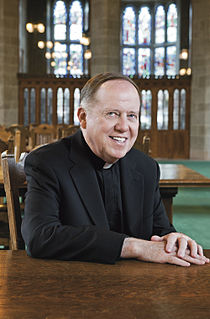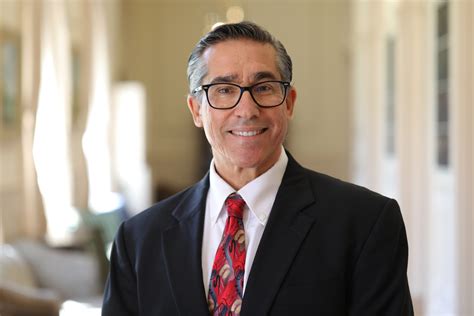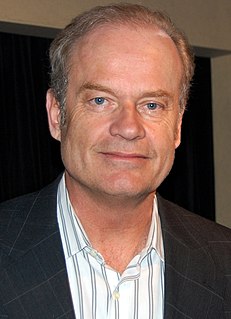A Quote by Robert Bly
Hierarchy, as in the Catholic Church, has to do with power, and vertical attention has to do with longing.
Related Quotes
In the agreement to rescue Rome [i.e., the Roman Catholic Church's hierarchy] from the predicament of losing its world control to Protestantism, and to preserve the spiritual and temporal supremacy which the popes [had] 'usurped' during the Middle Ages, Rome now 'sold' the [Roman Catholic] Church to the Society of Jesus [i.e., the Jesuits]; in essence the popes surrendered themselves into their hands.
During a frustrating argument with a Roman Catholic cardinal, Napoleon Bonaparte supposedly burst out: “Your eminence, are you not aware that I have the power to destroy the Catholic Church?” The cardinal, the anecdote goes, responded ruefully: “Your majesty, we, the Catholic clergy, have done our best to destroy the church for the last 1,800 years. We have not succeeded, and neither will you.”
Growing up in New Orleans, my mom and dad were churchgoers. I would go to church with them. Also, I was going to a Catholic school so I had a fascination with the Catholic Church mainly because, in my mind, (their services) didn't take as long. I was bouncing in between my mom's Baptist church, which was called Second Zion Baptist, and going to a Catholic Church.
I don't know about being a Catholic anymore, though I had a great romance with the Church. But its male hierarchy causes me pain and distress. So I can't really pay too much attention. When that encyclical from the Pope - the one about contraception - began 'Dear Sons and Brothers' I figured it must be private mail and had nothing to do with me. So I didn't read it.




































